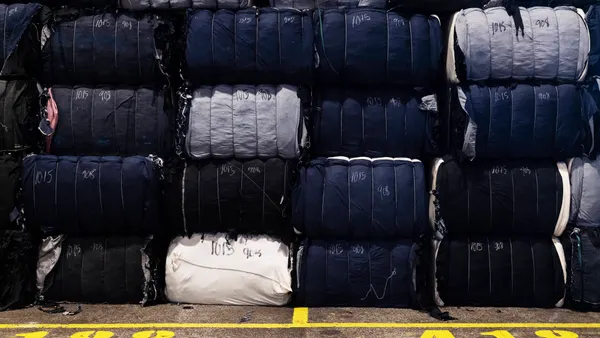Retail flows through systems, not storefronts. Emerging technologies redefine how retailers connect with customers, deliver products and earn trust. Although adoption remains limited to early adopters, PwC (2025) notes that individuals spend more and exhibit greater loyalty to tech-enabled interactions. Technology is becoming a filter for trust, and to sustain it, businesses need systems capable of deploying and supporting these innovations at scale. Right now, veterans are entering the space with the kind of structured thinking and cross-functional discipline that tech-powered retail now demands.
But overall, adoption is lopsided. While some companies bolt-on tools and chase novelty, others are building with a deeper kind of logic, one that treats technology not as a shiny layer but as a core layer. What’s striking is who’s leading the charge. Veterans are among the most competent retail operators in the post-automation era. Their backgrounds in high-stakes logistics, system-wide thinking and mission-driven leadership align directly with the challenges of integrating retail tech at scale.
Where many founders struggle with tool overload or fragmented operations, veterans often approach technology with clarity, not as novelty, but as infrastructure. Businesses like Alpha League already think this way. They understand that success doesn’t come from chasing the next feature; it comes from building a foundation that can flex, scale and evolve. The brand’s founder, a military veteran, approached these systems like a tactical operation, prioritizing efficiency, clarity and interoperability. Each tool supports a specific function but also contributes to a larger strategy: keeping the business lean, responsive, and ready to scale. That clarity is rare in early-stage retail, where it’s easy to mistake complexity for progress.
It’s what sociotechnical systems theory calls “tight coupling,” which occurs when technology and human judgment aren’t running in parallel but are fully intertwined. The system learns as people use it, and people adapt as the system evolves, creating a kind of shared intelligence where tools do so much more than just supporting work; they shape how it happens (Mämmelä et al., 2023).
Gary Hawkins, veteran retail strategist and author of Bionic Retail: How to Thrive in an Exponential World, sees a growing urgency for more profound transformation. In a recent Retail TouchPoints (2025) interview, he noted, “Retail executives were inevitably focused on the next cool thing… In my mind, they were missing the bigger picture.” That picture, as Hawkins explains, is less about the flash of innovation and more about building infrastructure that can adapt to change. “Unifying your data and systems,” he says, “makes it far easier to deploy new AI applications… and the benefits of that are immense.” Veteran entrepreneurs often arrive already thinking this way. They value systems over silos. They understand that tools serve strategy, not the other way around.
Veterans know how to lead in environments where failure isn’t an option. When equipped with the right technology, they turn that mindset into scalable businesses. Another underappreciated factor is psychological readiness. Retail startups are inherently chaotic machines with uncertain paths, shifting goals and incomplete data. Many founders struggle to maintain focus when overwhelmed by inputs. Veterans are built for this. They are trained to make decisions under conditions of ambiguity and stress. This makes them unusually effective at prioritization, delegation and escalation—core functions that break down when systems get overloaded.
They don't conflate motion with progress. They don’t panic when a system doesn’t immediately scale. And perhaps most importantly, they don’t mistake complexity for sophistication. They understand that the simpler a system looks on the outside, the harder it is to build.










